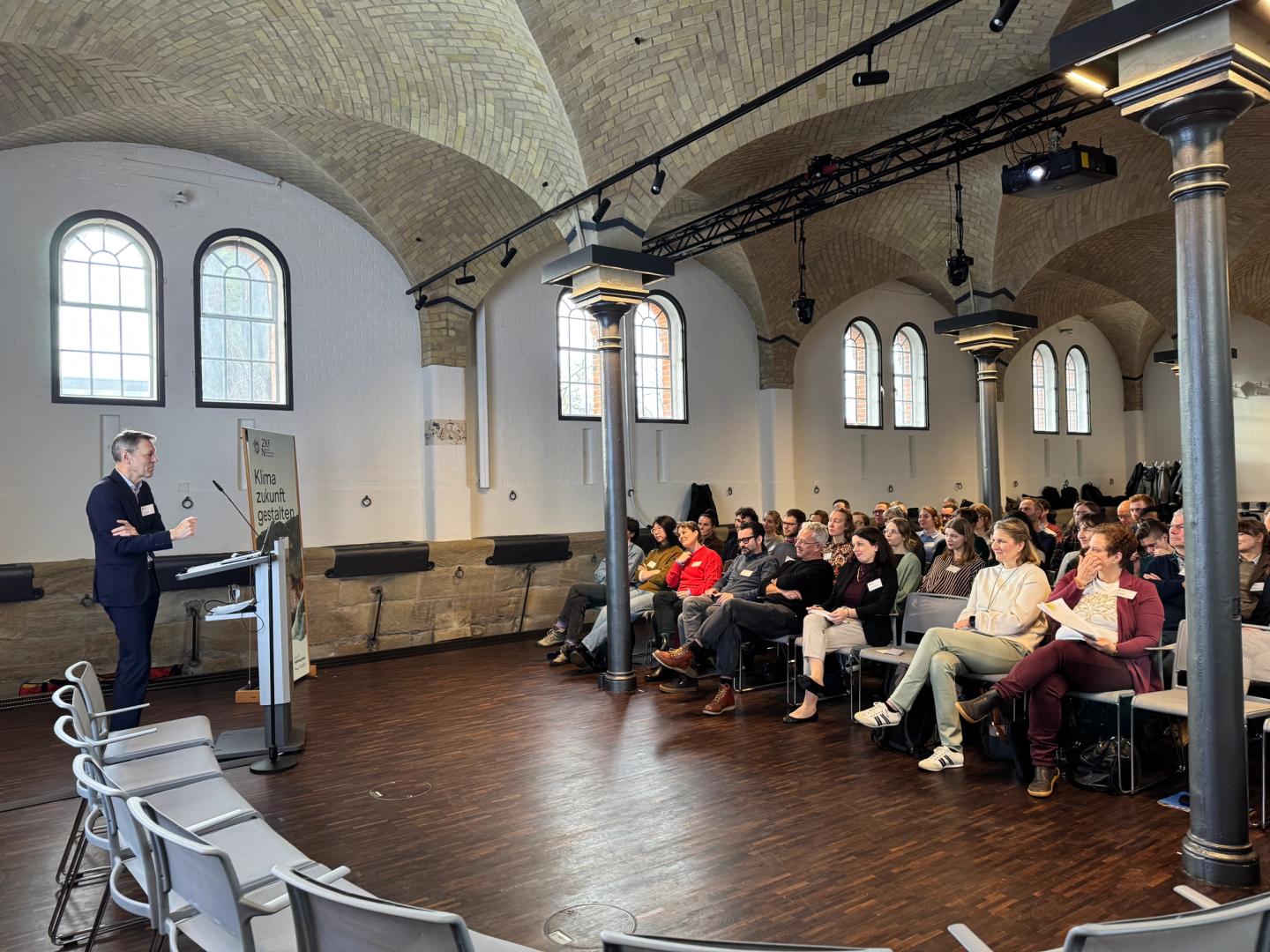
Around 80 participants from science, administration, business and practice came together in Hanover for our symposium "Climate Future Lower Saxony" on 19 November to talk about the opportunities and challenges of interdisciplinary and transdisciplinary research and to network. Together with partners from practice, politics and foundations, the scientists from Lower Saxony's Climate.future.labs discussed how cooperation can succeed across disciplinary and institutional boundaries and which structures are necessary to effectively translate scientific findings into social action. The Climate.future.labs also presented their current topics on climate research, climate protection and climate adaptation.
Welcome, keynote speech and round table discussion
Dr Georg Schütte, Chairman of the Volkswagen Foundation, opened the event by welcoming the participants and emphasising how central networking and open knowledge transfer are for joint climate research. For him, inter- and transdisciplinarity forms the basis of resilient transformation knowledge that arises when different actors bring their perspectives together. Dr Hendrik Woiwode's keynote speech, which was originally planned to take place on site, had to be held digitally due to illness. Under the title "Beyond Silos: Interdisciplinarity between Innovation and Institution", he showed how interdisciplinary work can succeed despite structural hurdles.
This was followed by an input from Dr Cora Schaffert-Ziegenbalg from the Volkswagen Foundation, in which she explained the perspective of the funding bodies and also emphasised the importance of interdisciplinarity and transdisciplinarity for the development of viable solutions. In the subsequent discussion with representatives of Lower Saxony's Climate Future Labs, moderated by Dr Tabea Golgath from Lower Saxony's Ministry of Science and Culture, these topics were explored in greater depth - from the coordination of joint methods and institutional framework conditions to long-term forms of cooperation. It became particularly clear how central an early joint orientation - the often challenging "Phase 0" - is for successful inter- and transdisciplinary cooperation.
Begrüßung, Keynote, Gespräch
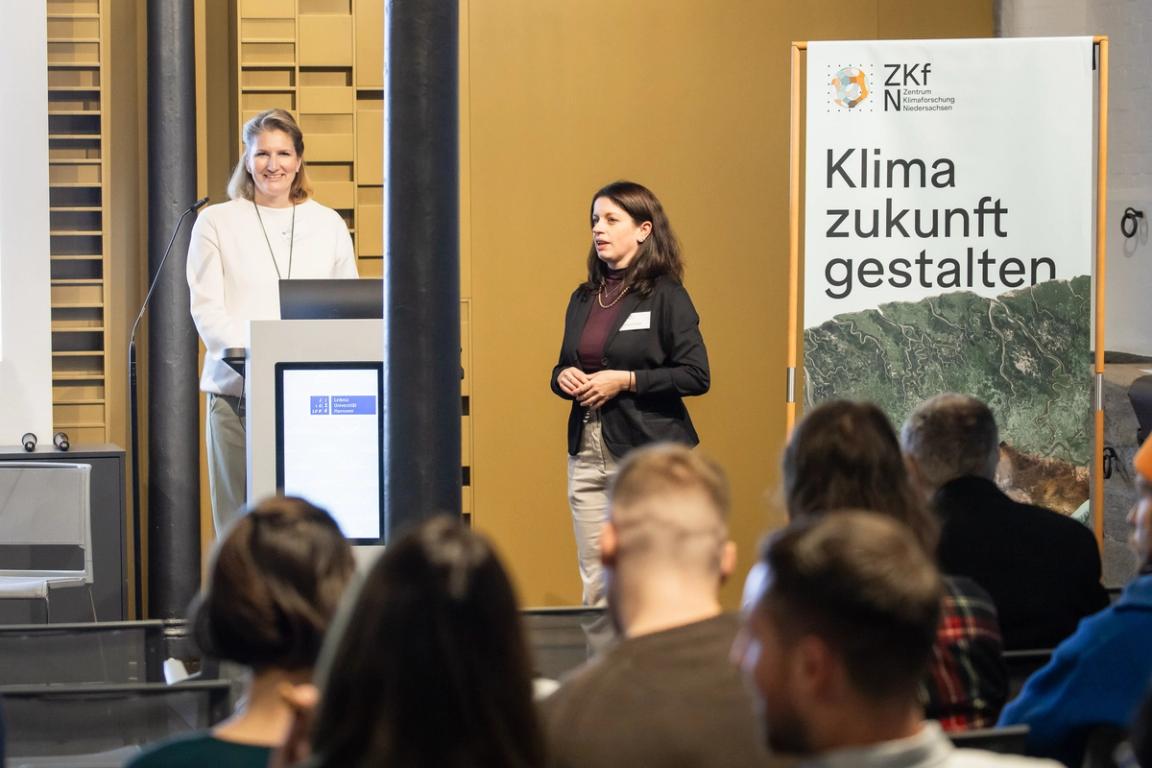
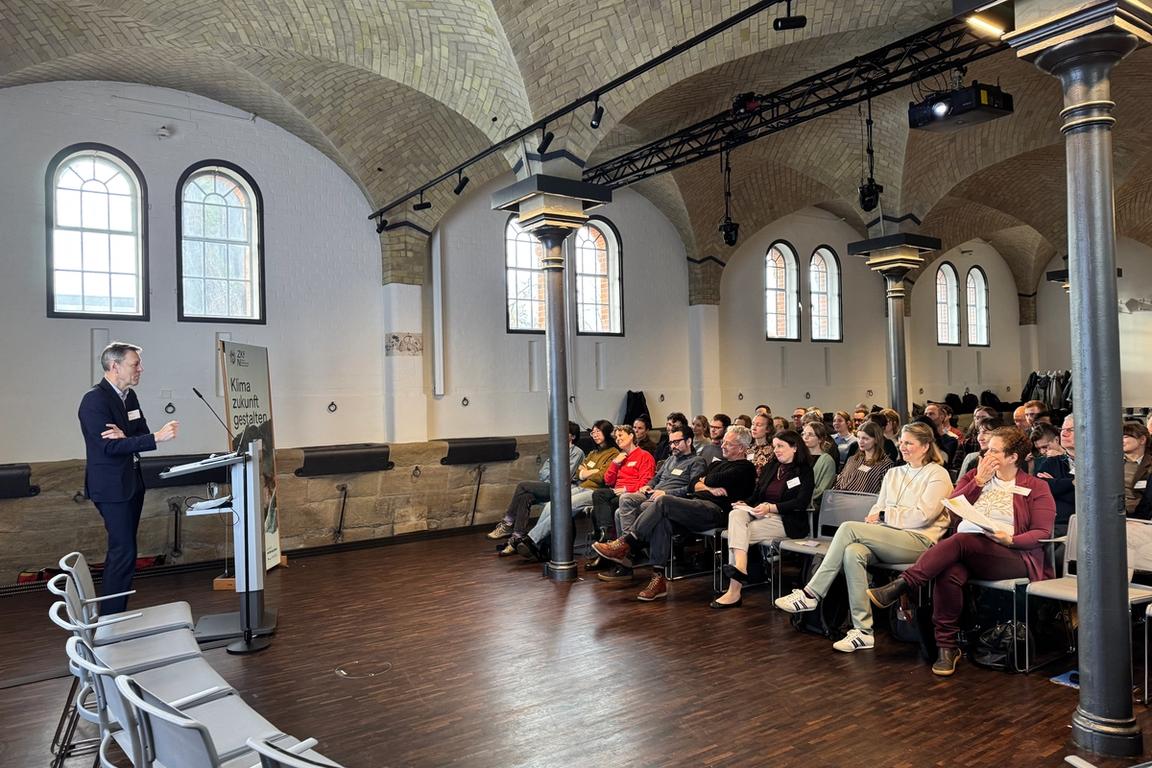
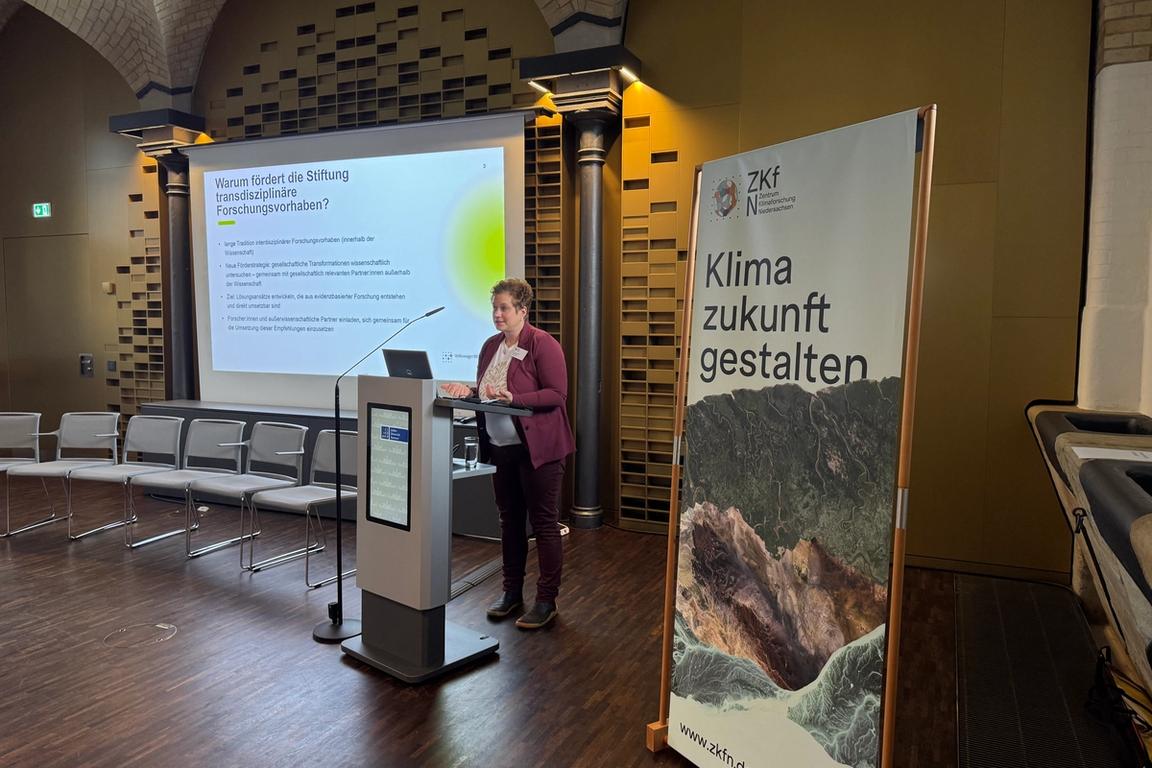
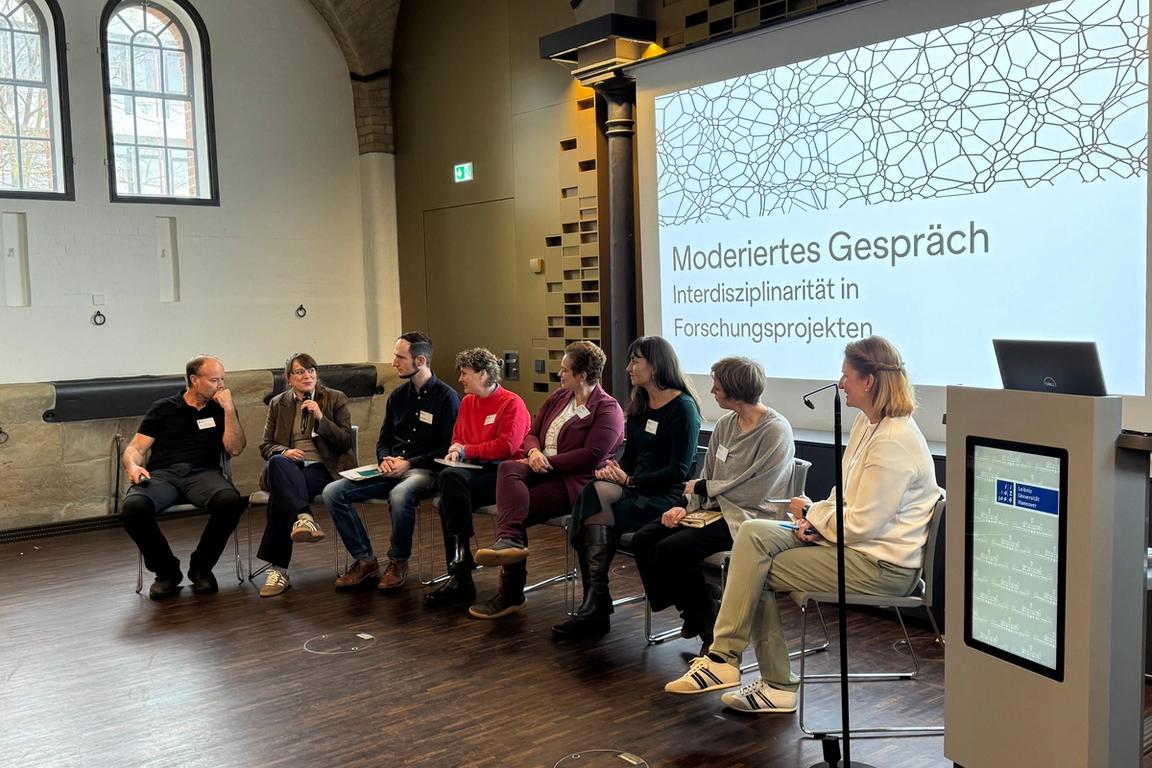
Creative insights: The marketplace of the Climate.future.labs
In the afternoon, Dr Tabea Golgath opened the marketplace of the Climate.future.labs. The projects presented their research approaches, methods and interim results at stands designed with interactive and creative formats - from quiz elements and mini-demos to models and infographics.
The marketplace nevertheless developed a lively dynamic: the teams made intensive use of the opportunity to visit each other's stands, gain insights into other subject areas and deepen professional connections. The exchange showed how diverse climate research is when scientific and practical perspectives enter into dialogue with each other.
Marketplace
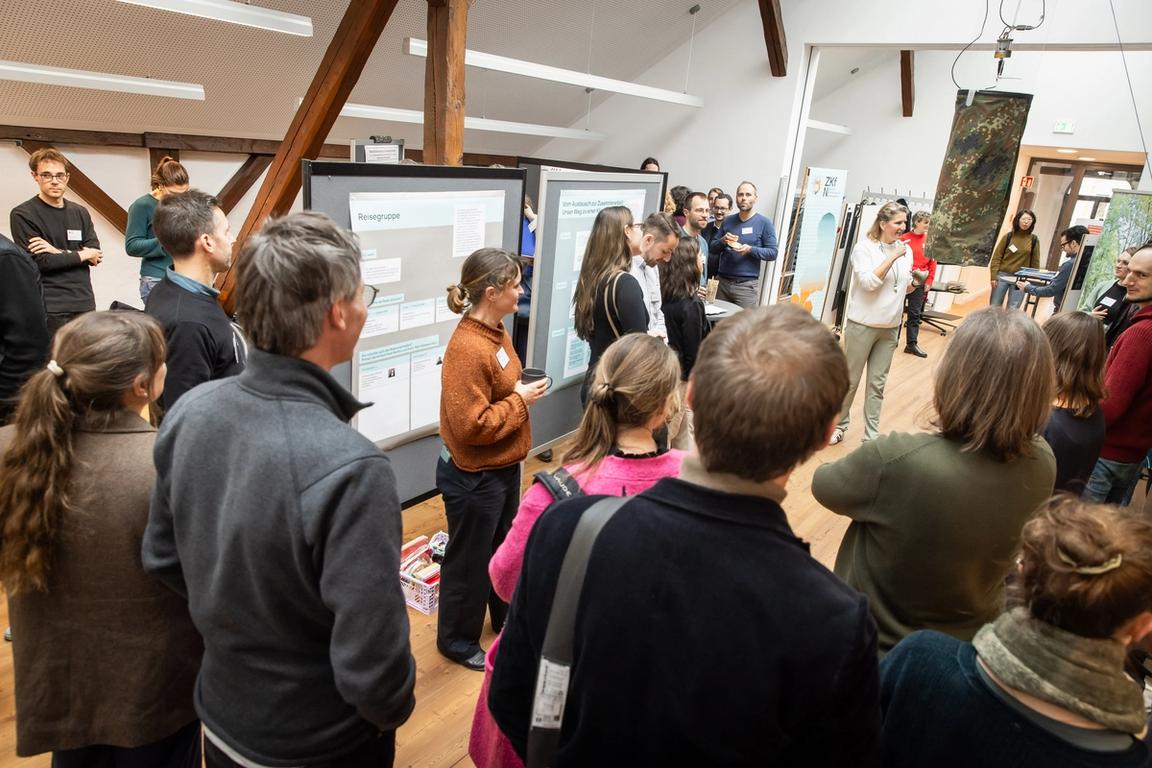
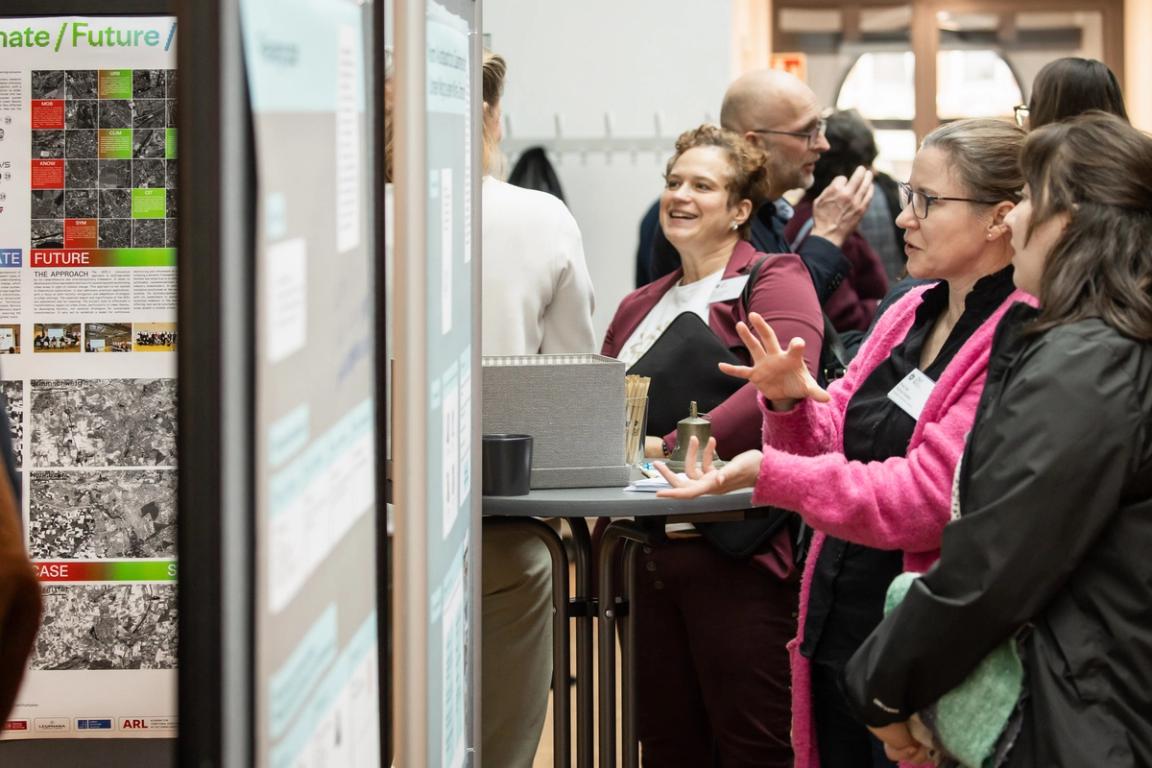
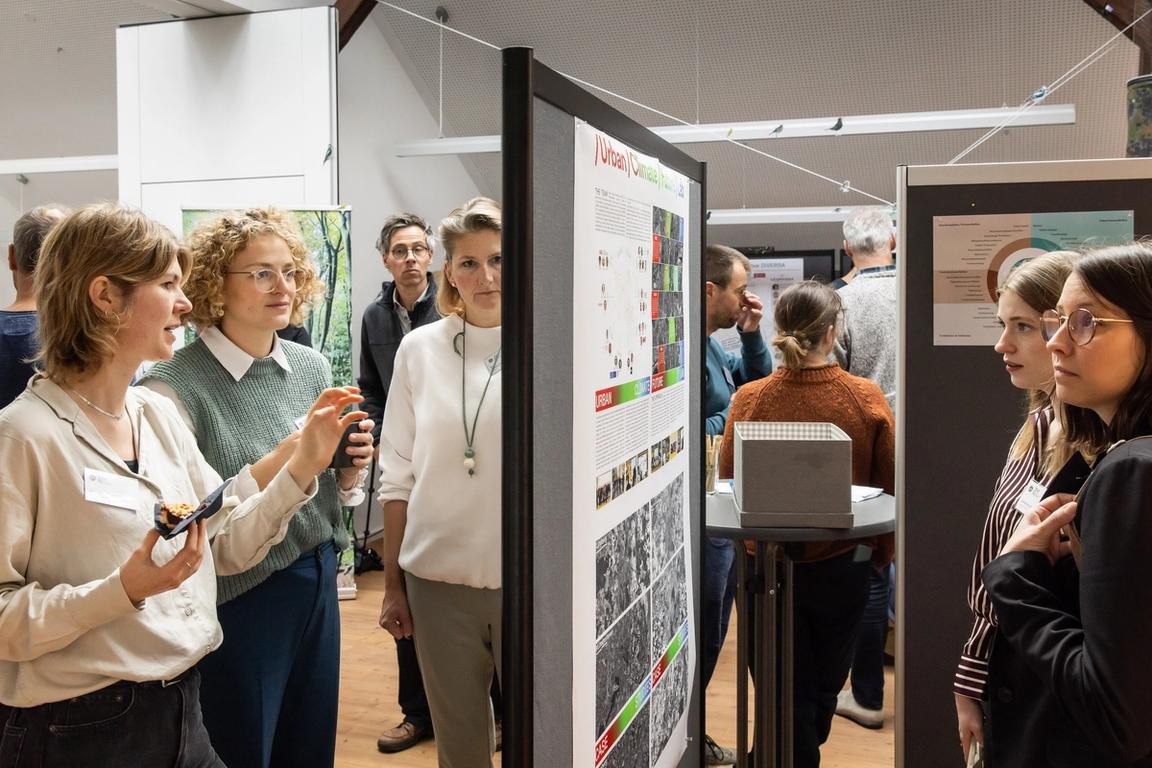
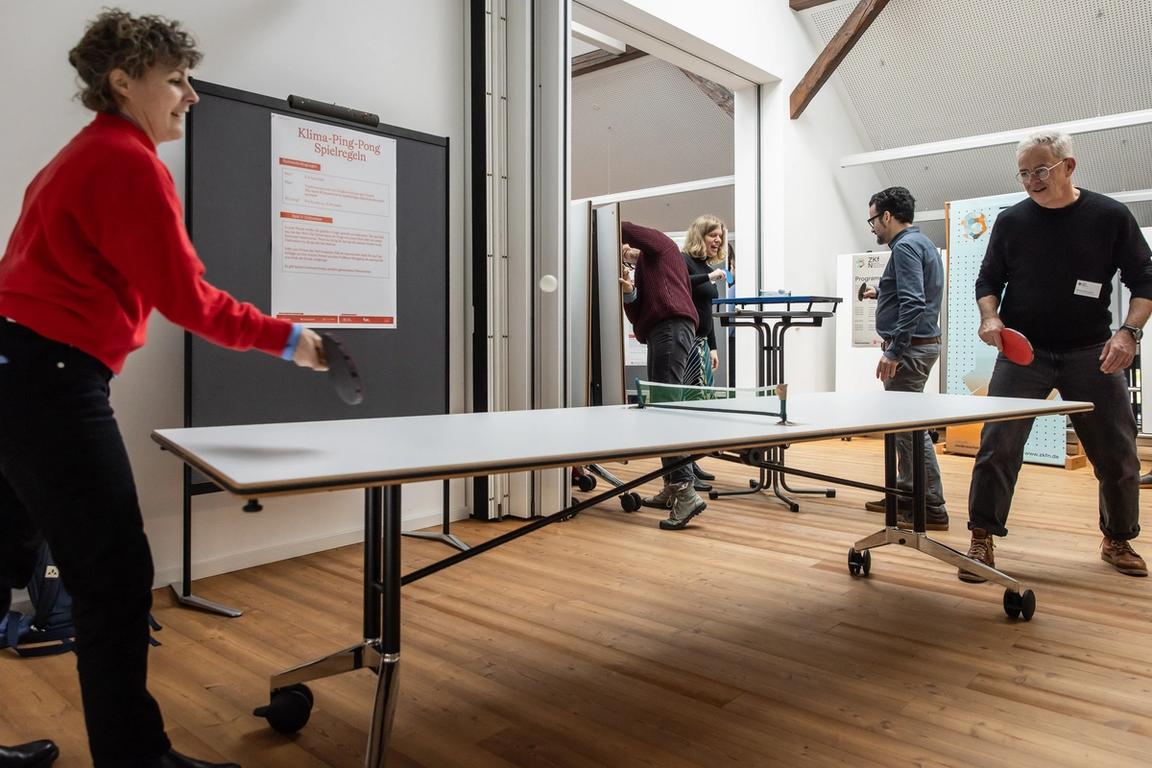
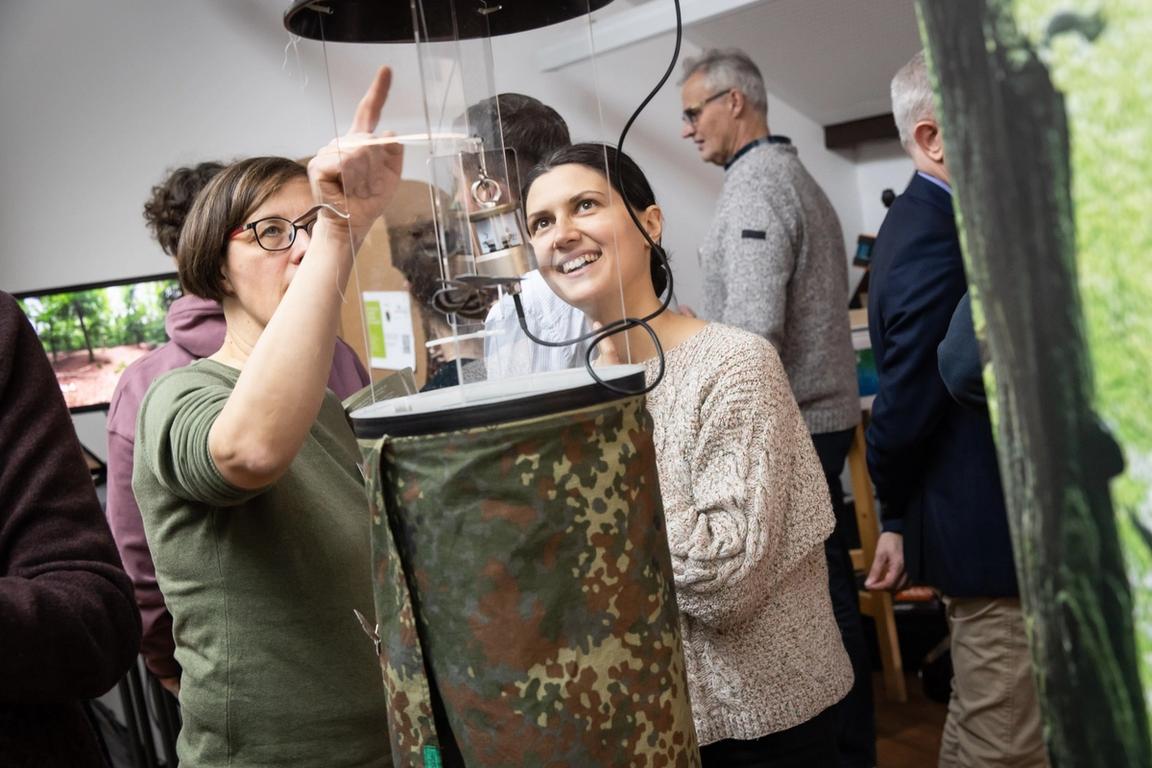
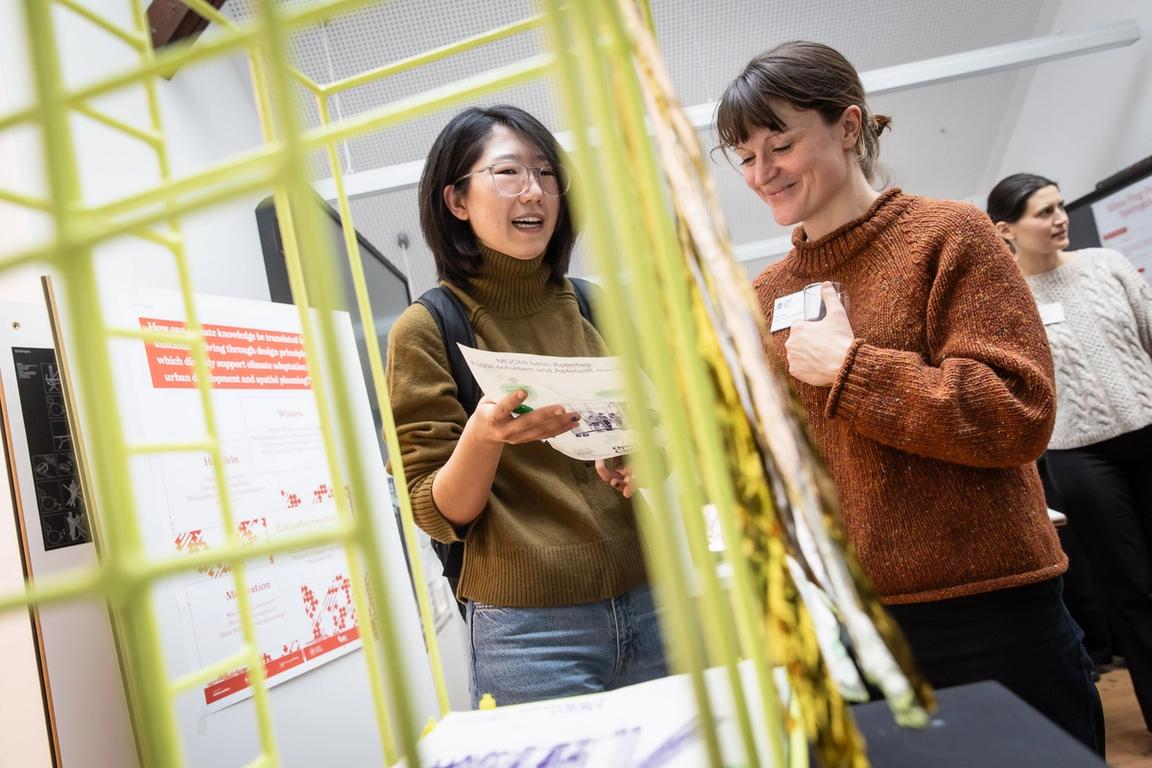
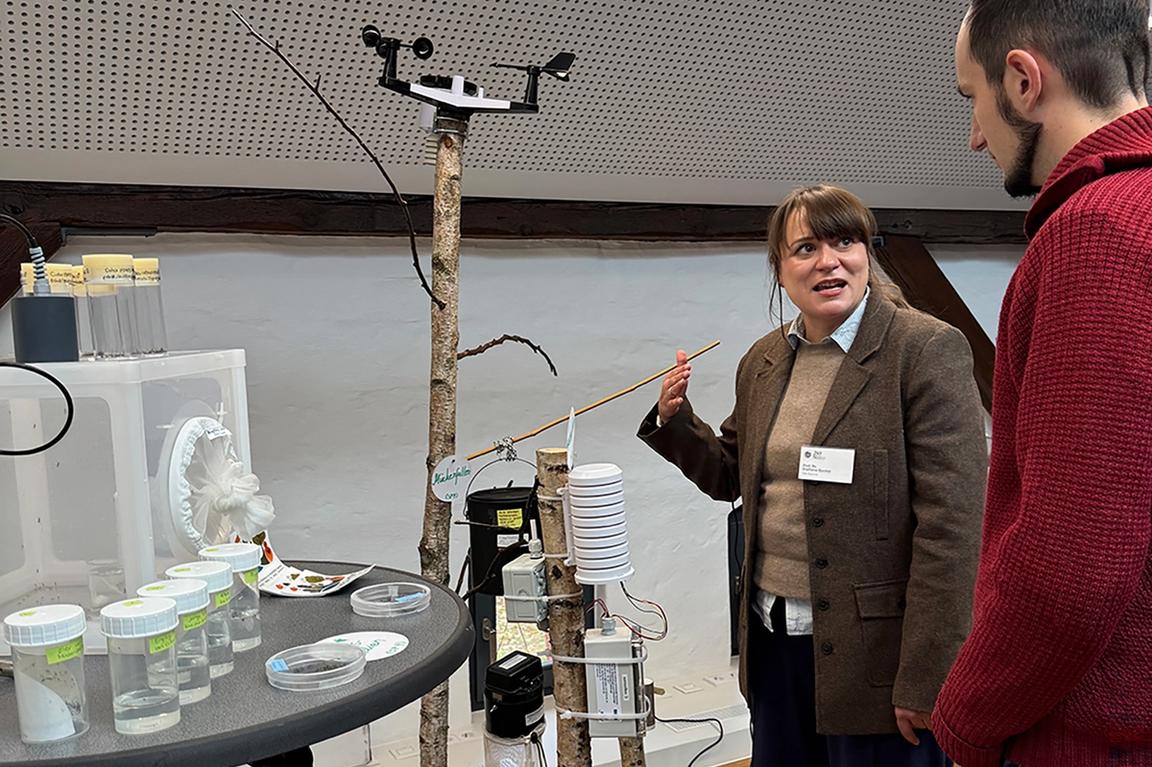
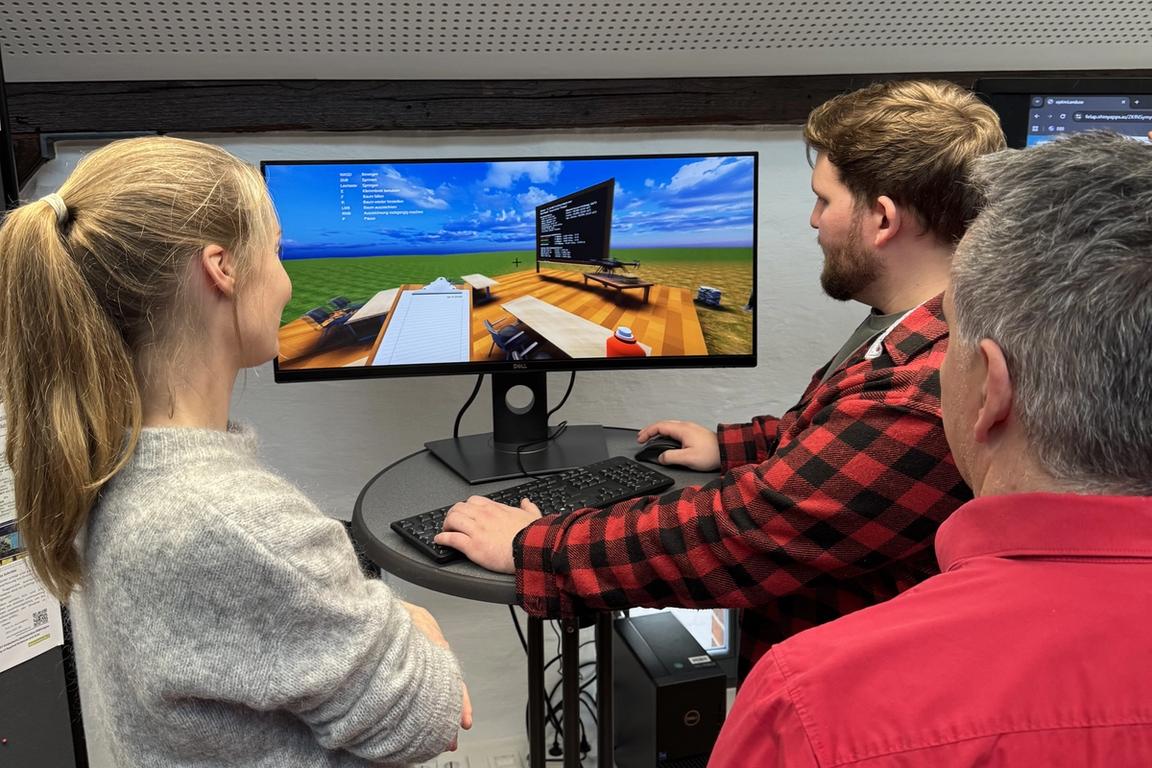
Workshop: What does inter- and transdisciplinary cooperation need?
In the cross-lab workshop phase, the participants worked on the requirements, opportunities and open questions of interdisciplinary and transdisciplinary work. The discussions made it clear how strong the need is for structural support, time for orientation and continuous exchange formats.
At the concluding plenary session, a common picture emerged: networked research needs spaces in which methods can be harmonised, goals sharpened and perspectives brought together - and this is precisely where the ZKfN continues to come in.
Workshop & Panel discussion
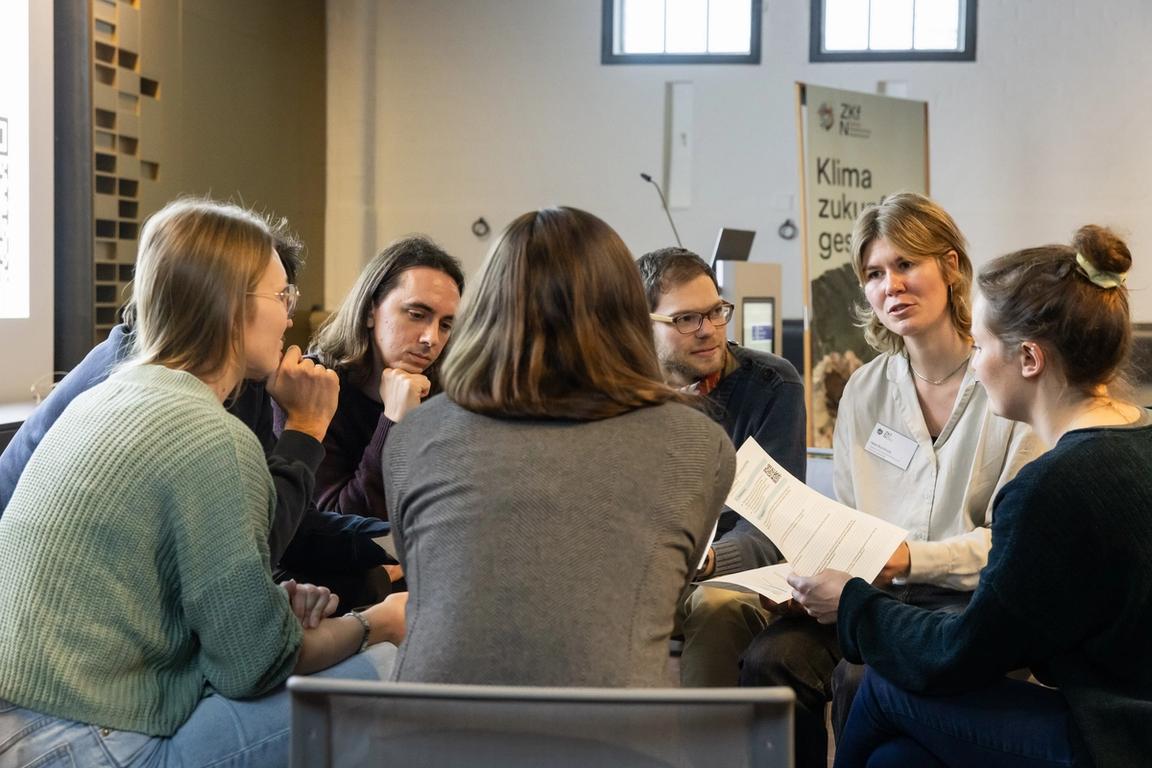
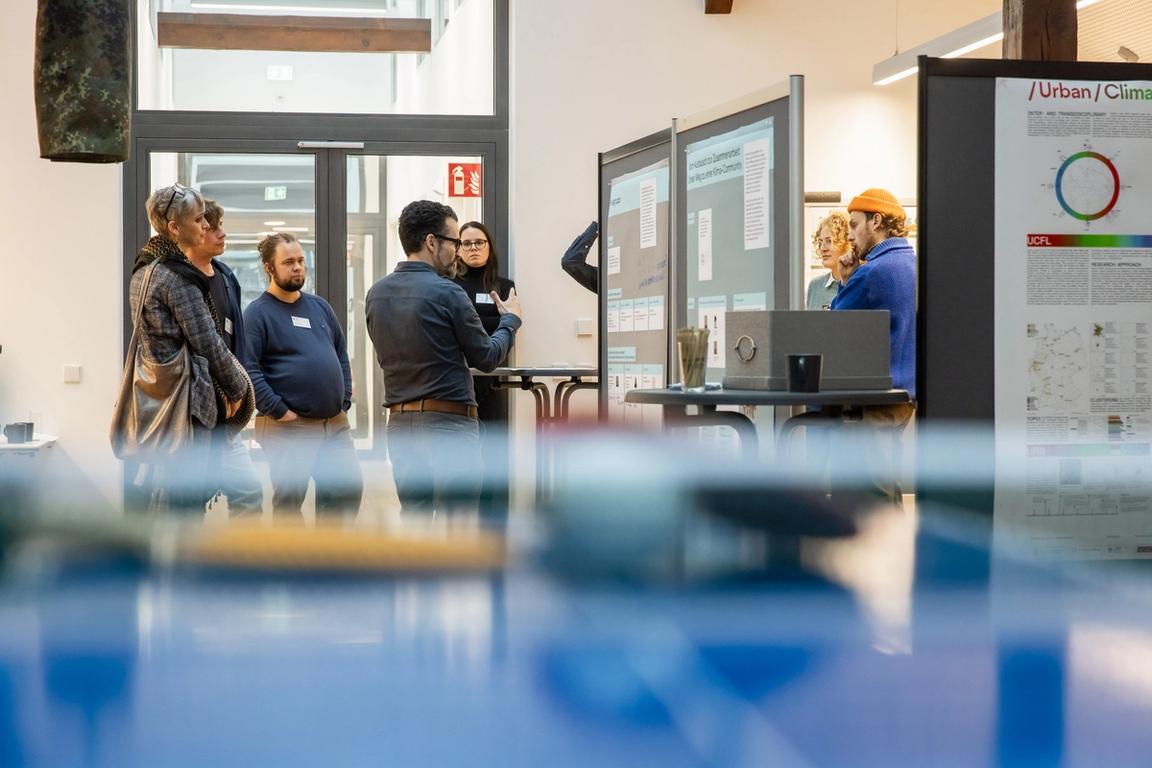
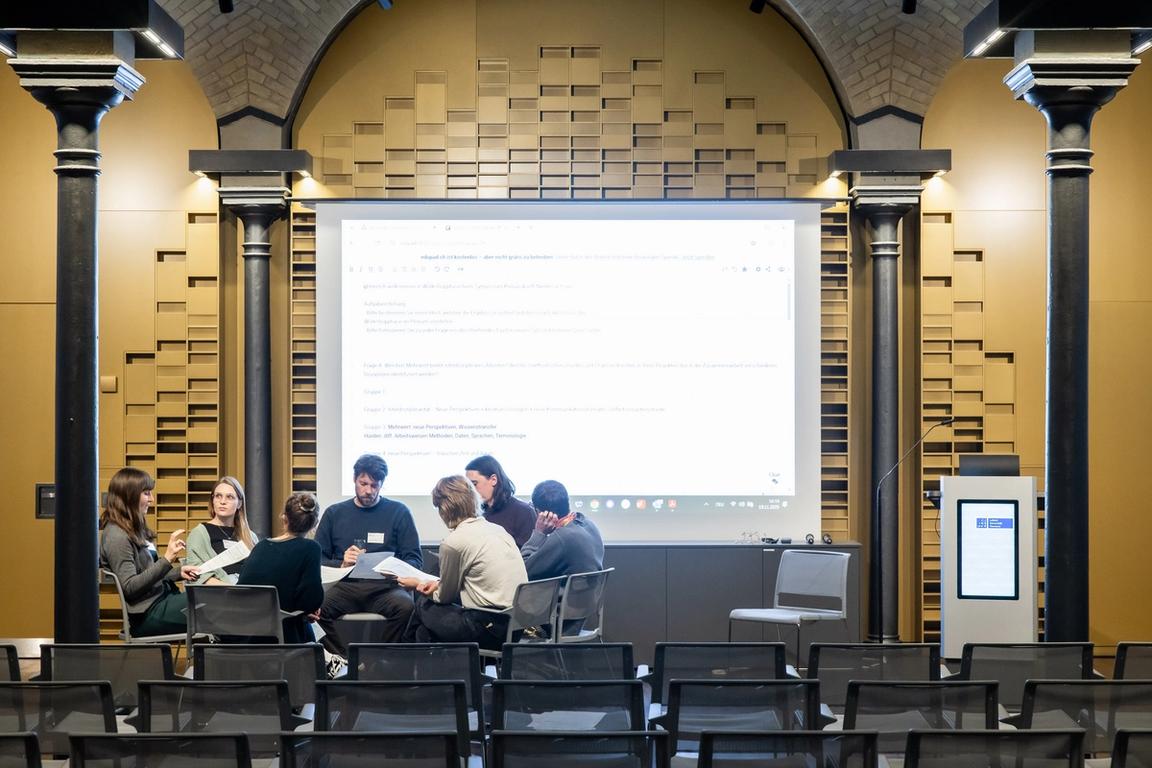
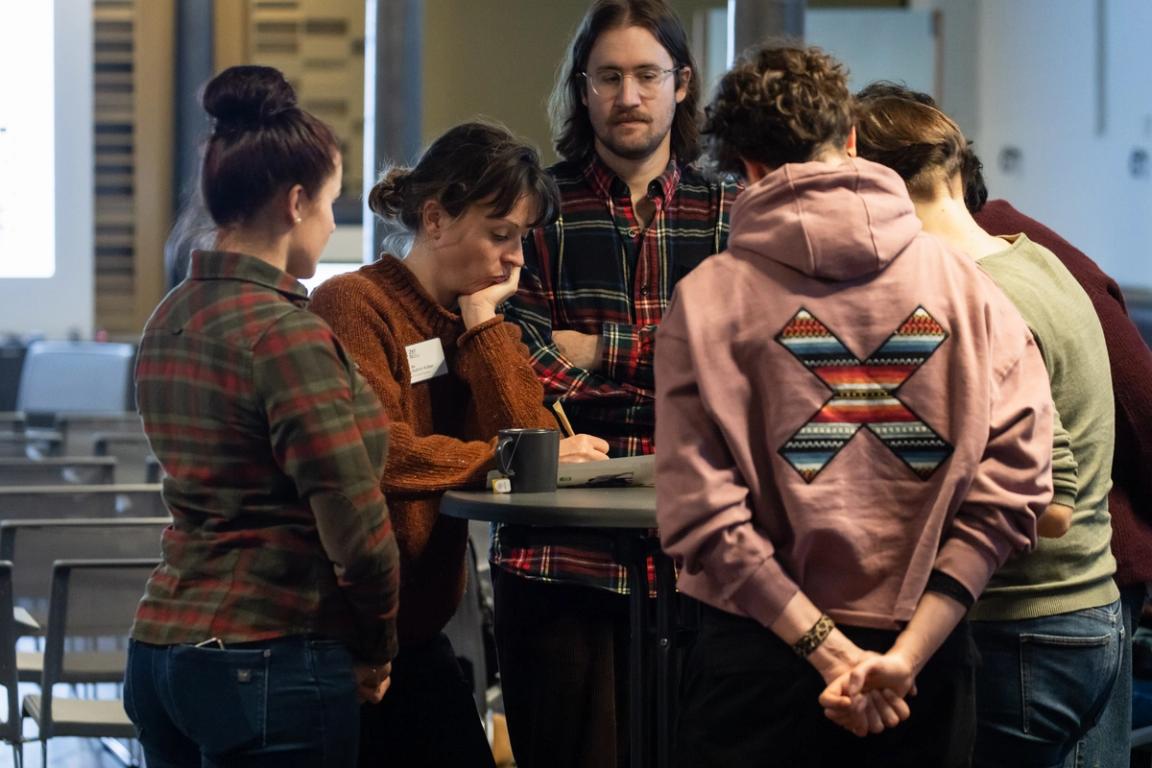
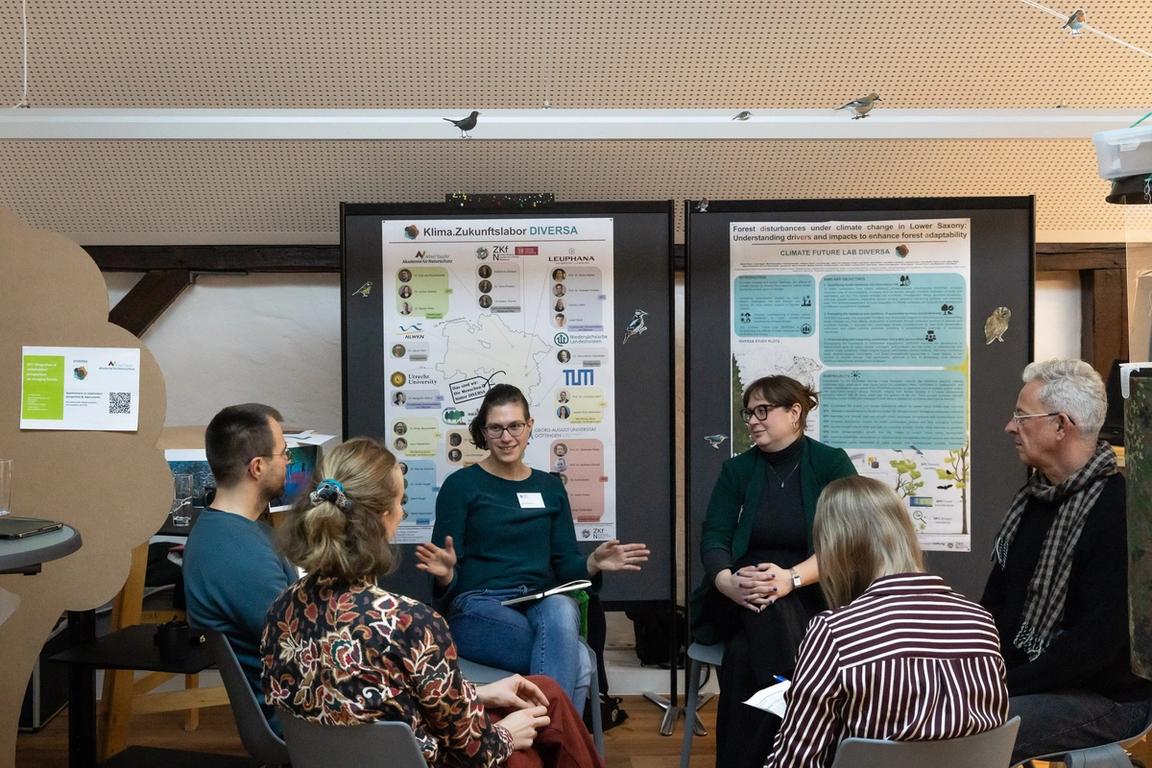
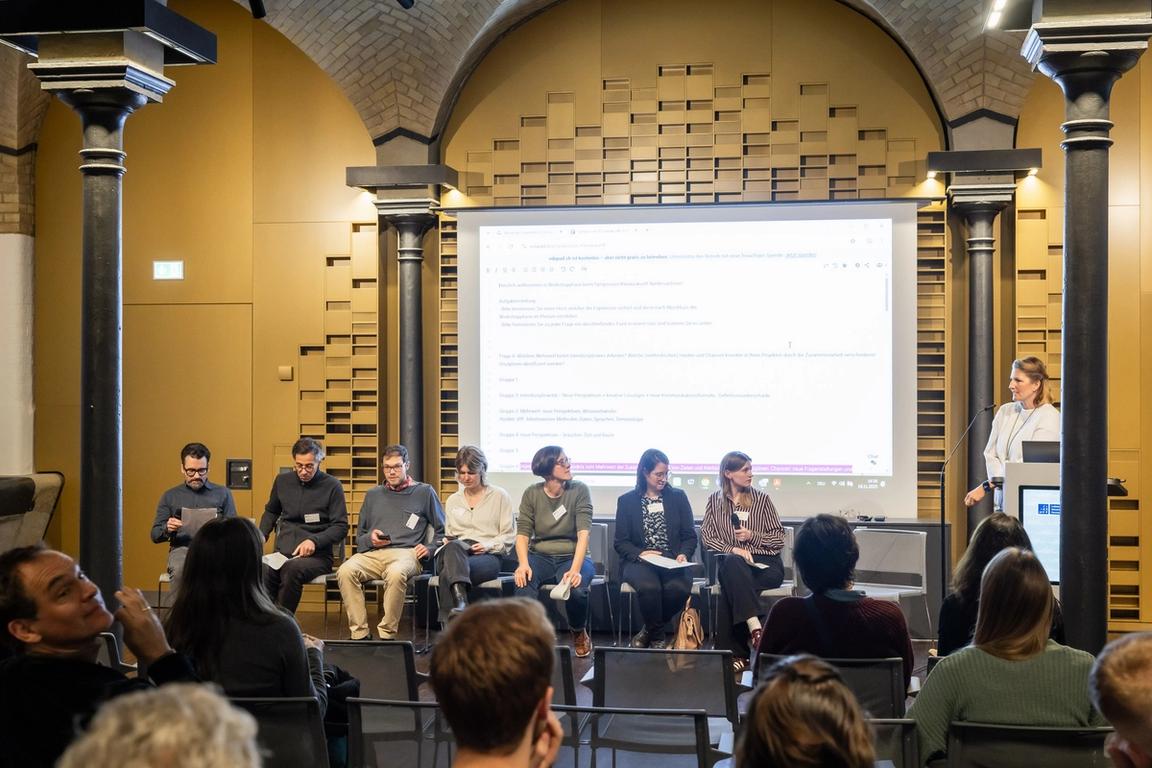
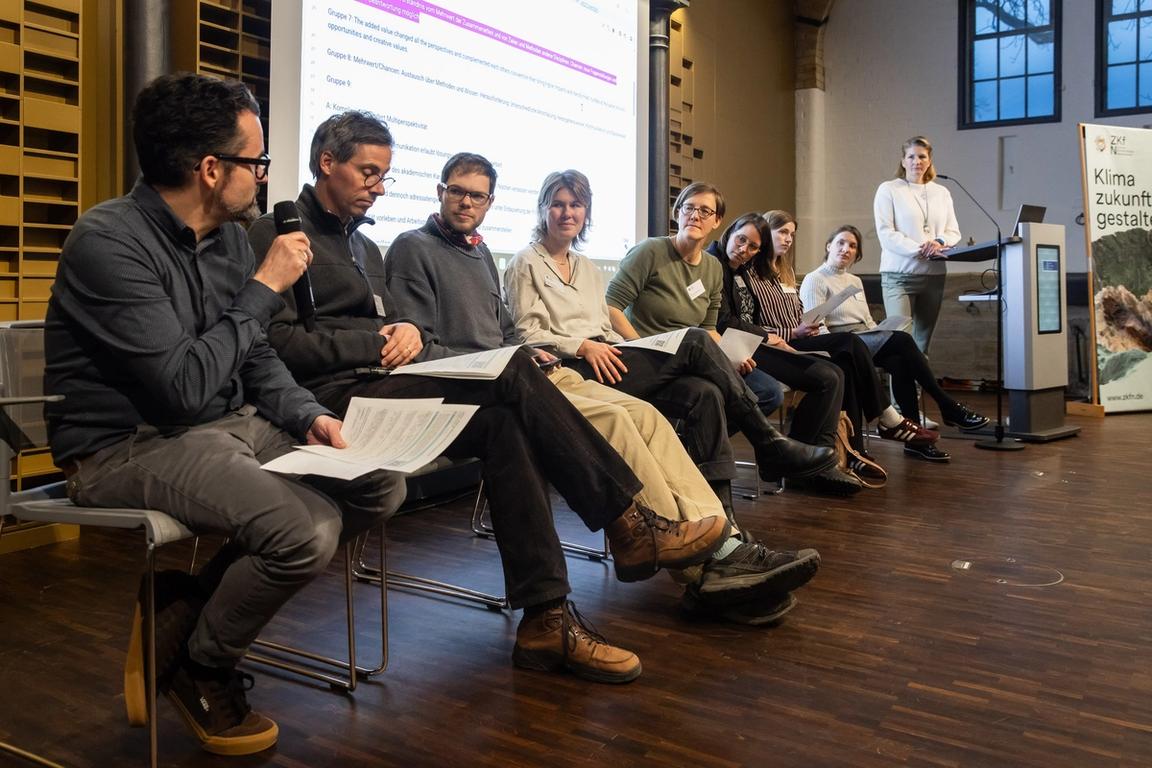
Thanks and outlook
The symposium showed how diverse and active climate and climate impact research is in Lower Saxony and the potential that arises when perspectives from science and practice are brought together. For the Klima.Zukunftslabore and the ZKfN, the day provided important impetus for further cooperation and for the development of long-term structures for a sustainable and just climate future.
At the same time, it became clear that a growing climate community is forming in Lower Saxony, in which new partnerships are emerging. This also includes the BaKlimON project funded by the MWK, which would like to be more closely linked to the ZKfN in future and contribute to the joint further development of the network.
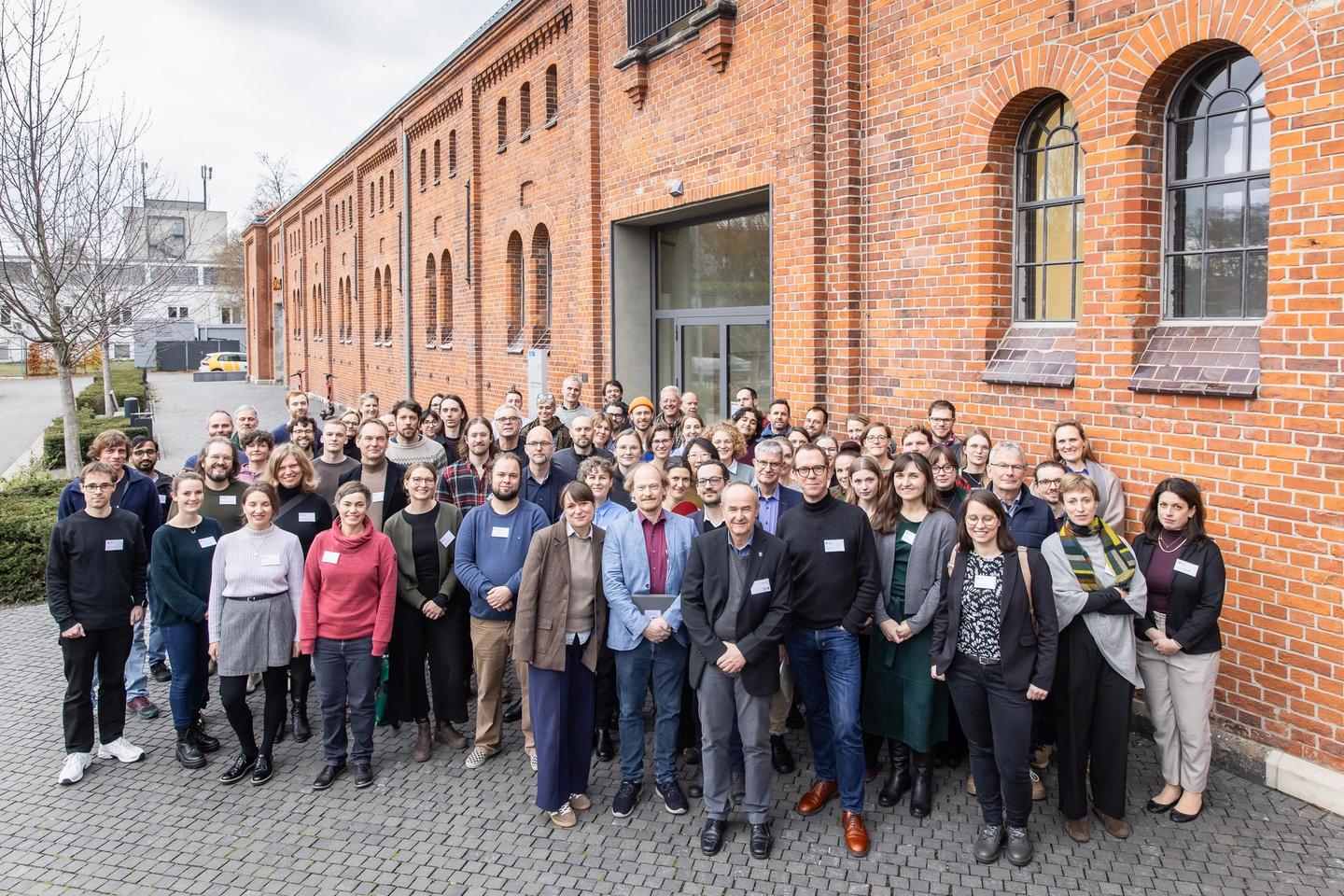
More Posts
All
Taking a holistic approach to climate adaptation in cities
Interview with UMEX-HOPE speaker Prof. Dr. Björn Maronga
7 min. Reading time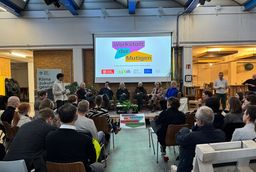
Big visions, but quick small steps
Social sustainability arises when different actors take responsibility, act together, and combine big visions with concrete, small steps.
4 min. Reading time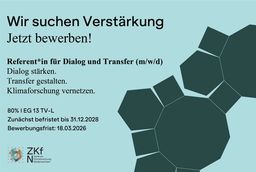
Job opening at the ZKfN
The ZKfN is looking for a dialogue and transfer officer to strengthen the exchange between science and society in climate and climate research in Lower Saxony.
1 min. Reading time